Fasting: the most powerful detox—remove zombie cells, fight cancer, reduce inflammation, slow aging and disease
I began fasting in 2018 after reading The Obesity Code by Dr. Jason Fung. Growing up in a family that struggled with obesity, I developed a deep awareness of how food and metabolism shape our health. After I finished breastfeeding my daughter, I found myself struggling to lose weight — and that’s when fasting entered the picture.
At first, I turned to fasting for blood sugar control and weight loss. But as I dug deeper, I discovered an entire world of science-backed health benefits I couldn’t ignore. Over the next few months, the weight began to melt off, but what surprised me most was how much more energy, clarity, and control I felt.
Fasting helped me become more mindful about what I ate, and I naturally began gravitating toward whole, nourishing foods. I practiced the 16:8 method — fasting for 16 hours and eating during an 8-hour window. I would stop eating around 6 PM and break my fast at 10 AM the next day.
What started as a physical journey quickly became a deeper shift in how I approached health and nourishment from the inside out.
Plus it’s completely FREE!
According to PubMed “The cardiovascular system plays a vital role in maintaining overall health, and fasting has shown promising effects in improving cardiovascular health markers such as blood pressure, cholesterol levels, and triglyceride levels. Additionally, fasting has been suggested to enhance insulin sensitivity, promote weight loss, and improve metabolic health, thus offering potential benefits to individuals with diabetes and metabolic disorders. Furthermore, fasting can boost immune function, reduce inflammation, enhance autophagy, and support the body's defense against infections, cancer, and autoimmune diseases. Fasting has also demonstrated a positive effect on the brain and nervous system. It has been associated with neuroprotective properties, improving cognitive function, and reducing the risk of neurodegenerative diseases, besides the ability of increasing the lifespan.” https://pubmed.ncbi.nlm.nih.gov/38018193/
Fasting, the voluntary abstention from food for a period of time, is an ancient practice deeply rooted in spiritual, cultural, and medical traditions. Today, it has re-emerged as a powerful tool for healing, metabolic optimization, and longevity—backed by compelling science.
⸻
What Is Autophagy and Why It Matters and how fasting helps you get into this phase
Autophagy (from the Greek “auto” meaning self and “phagy” meaning eating) is the body’s natural process of cleaning out damaged cells, recycling components, and regenerating new, healthier cells.
• Scientific Insight: In 2016, Japanese scientist Dr. Yoshinori Ohsumi won the Nobel Prize in Physiology or Medicine for his work on autophagy. His research demonstrated how fasting triggers this cellular clean-up process.
• When It Happens: Autophagy is upregulated during fasting—particularly after 16+ hours without food. It also increases with exercise and reduced insulin signaling.
• Health Impact: Autophagy plays a crucial role in disease prevention (e.g., Alzheimer’s, cancer), immune health, anti-aging, and cellular repair.
• Removes dysfunctional proteins and organelles.
• Reduces oxidative stress.
• Enhances longevity and decreases disease risk.
⸻
Health Benefits of Fasting
1. Improved Insulin Sensitivity: Fasting lowers insulin and improves glucose control, reducing risk for type 2 diabetes.
2. Fat Loss and Metabolic Health: It encourages lipolysis (fat burning) by depleting glycogen and switching the body to fat as fuel.
3. Lower Inflammation: Fasting downregulates pro-inflammatory cytokines like IL-6 and TNF-α.
4. Cognitive Boost: Increases BDNF (brain-derived neurotrophic factor), supporting neuroplasticity and memory.
5. Heart Health: Lowers LDL cholesterol, triglycerides, blood pressure, and markers of oxidative stress.
6. Longevity: Fasting may extend lifespan by improving mitochondrial efficiency and reducing mTOR activity.
7. Cellular Regeneration: Enhanced autophagy and stem cell production.
⚡ Fasting and Mitochondrial Function
• Mitochondria are the energy factories of your cells.
• Fasting:
• Stimulates mitochondrial biogenesis (new mitochondria formation).
• Reduces mitochondrial DNA mutations, associated with aging and metabolic diseases.
• Increases AMPK and PGC-1α, regulators of mitochondrial health.
Result: More efficient energy production, less fatigue, and enhanced metabolic flexibility (the ability to switch between burning carbs and fat).
⸻
🛡️ Fasting and the Immune System
• Short-term fasts (24–72 hrs) can reboot immune cell production by depleting white blood cells and triggering hematopoietic stem cells to generate new immune cells.
• Reduces systemic inflammation and oxidative stress (especially helpful in autoimmune conditions).
• Increases T-regulatory cells which help prevent overactive immune responses.
Study: USC researcher Dr. Valter Longo found that fasting for 48-72 hours can significantly drop IGF-1 levels (a growth hormone linked to aging and cancer) and reboot the immune system.
⸻
Fasting for Women: Aligning with the Menstrual Cycle
“Women were never meant to fast like men. We are cyclical, powerful, and wise — and our fasting should honor that.” — Dr. Mindy Pelz
Fasting, when done right, can balance your hormones, deepen your intuition, and amplify your energy. The more you sync with your body’s natural rhythms, the more powerful and effortless fasting becomes.
Female hormones make fasting more complex for women than for men, and syncing fasting with the menstrual cycle can prevent hormonal imbalances.
• Important: Extended fasting during the luteal phase may increase cortisol, disrupt thyroid function, and impair progesterone production.
• Fertility Note: Women trying to conceive should avoid aggressive fasting protocols.
📘 Fast Like a Girl by Dr. Mindy Pelz
Key Concept:
Women need to fast in sync with their hormones. Fasting the same way every day—like many men or postmenopausal women can do—may backfire for women of reproductive age, causing:
• Fatigue
• Hormonal imbalance
• Loss of menstrual cycle
• Anxiety or irritability
• Thyroid dysfunction
🧬 Why? Because female bodies are biologically wired to protect fertility and reproduce, even if that’s not your goal.
⸻
🩸 The 4 Phases of a Woman’s Cycle & Fasting Recommendations
Dr. Pelz’s model revolves around the menstrual cycle (roughly 28–32 days), which has 4 phases with different hormone shifts:
1. Menstrual Phase (Days 1–5): Low Estrogen & Progesterone
• Goal: Gentle fasting or rest
• Hormones are at their lowest
• You may feel tired, inward
• Recommended: 13–15 hour fasts max
• Nourish with warm, mineral-rich foods
⸻
2. Follicular Phase (Days 6–13): Rising Estrogen
• Goal: Push your fasts!
• You feel energized, focused, clear
• Estrogen helps you burn fat efficiently
• Recommended: 16–18 hour fasts, even occasional 24-hour fasts
• Great time for OMAD, HIIT, cold plunges, deep work
⸻
3. Ovulation (Day 14): Estrogen Peaks, LH Surge
• Goal: Back off a bit
• Your body is trying to ovulate — fasting can stress it
• Cortisol rises more easily here
• Recommended: Return to 13–15 hour fasts
• Focus on connection, healthy carbs, hydration
⸻
4. Luteal Phase (Days 15–28): Rising Progesterone
• Goal: Rest, nourish, replenish
• Progesterone wants glucose and calm
• Too much fasting = mood swings, insomnia, cravings
• Recommended: 12–14 hour fasts or no fasting, more nutrient-dense meals
• Increase magnesium, root veggies, grass-fed meats
⸻
🌼 Women & Fasting: 5 Core Principles
1. Fasting is a stressor—hormonal balance is the goal
• Cortisol can shut down progesterone production.
• Over-fasting can mimic starvation and reduce ovulation.
2. Food is information, not just fuel
• Your cycle is a communication system.
• The right foods (and fasts) at the right time = hormone harmony.
3. Ketosis is powerful—if timed well
• Dr. Pelz promotes cycling in and out of ketosis.
• Go into ketosis during your follicular phase, exit during luteal.
4. Fasting isn’t just about weight loss
• It’s about brain clarity, mitochondrial healing, immune resilience, and emotional stability.
5. Fast with compassion, not rigidity
• If your body is screaming for food or rest — listen.
• Hormonal fasting is about intuition + science, not rules.
⸻
🧪 Backed by Science
Dr. Pelz supports her work with research showing:
• Estrogen improves insulin sensitivity → makes fasting easier
• Progesterone requires more carbs for GABA production → too little food increases anxiety
• Fasting increases BDNF, autophagy, and stem cell production—but not when you’re hormonally depleted
⸻
🔄 What About Women Without Cycles?
• Postmenopausal Women: Can fast more like men—daily intermittent fasting or alternate-day fasting is fine. But still listen to your stress levels and energy.
• Perimenopausal Women: Fast more intuitively. Use 2–3 week rhythm rather than strict 28-day. Notice mood, hunger, and energy.
• Amenorrhea: Avoid prolonged fasts. Eat every 3–4 hours. Focus on restoring hormone function first.
⸻
Fasting for Men
Men typically respond more consistently to fasting, as testosterone and insulin are more stable throughout the month.
• Effective Protocols: 16:8 intermittent fasting, OMAD (One Meal a Day), and 24-48 hour fasts.
• Benefits Noted in Men:
• Increased testosterone
• Reduced visceral fat
• Enhanced HGH (human growth hormone)
• Lower insulin resistance
⸻
Fasting and Diabetes
Fasting can dramatically improve metabolic function in people with type 2 diabetes.
Clinical Evidence:
• A 2018 case series by Dr. Jason Fung found that patients with type 2 diabetes were able to reverse their condition and discontinue insulin after engaging in intermittent fasting.
• Mechanism:
• Reduces insulin levels and resistance
• Improves glucose transport and receptor sensitivity
• Promotes weight loss, especially visceral fat
Caution: Anyone on glucose-lowering medication must work with a healthcare provider to avoid hypoglycemia.
⸻
Intermittent Fasting (IF)
Intermittent fasting is an eating pattern that cycles between periods of eating and fasting.
Popular Methods:
• 16:8 (16 hours fasting, 8-hour eating window)
• 18:6
• 5:2 (Eat normally for 5 days, restrict to ~500–600 kcal on 2 days)
Science Highlights:
• Improves circadian rhythm
• Reduces metabolic syndrome markers
• Enhances autophagy and mitochondrial repair
⸻
OMAD (One Meal a Day)
OMAD involves consuming all daily calories in one sitting, usually within a 1-2 hour window.
• Pros:
• Deep ketosis and autophagy
• Simplicity and calorie reduction
• Mental clarity from stabilized glucose and ketones
• Cons:
• Harder to meet nutrient needs
• May be too stressful for women or those with adrenal dysfunction
OMAD is often used as a metabolic reset or for spiritual/mental discipline rather than a long-term lifestyle.
⸻
Fasting and Cancer Healing
Fasting shows promise as an adjunct therapy in cancer care—though it is not a standalone cure.
Scientific Findings:
• Reduced Tumor Growth: Fasting mimics chemotherapy’s effects by weakening cancer cells while strengthening healthy cells.
• Differential Stress Resistance (DSR): Fasting makes cancer cells more vulnerable to treatments by reducing IGF-1 and glucose levels.
• Autophagy Activation: Helps clean up damaged cells that can lead to cancer.
Study: A 2012 study published in Science Translational Medicine found that short-term fasting enhanced the effectiveness of chemotherapy in mice while protecting normal cells.
🎗️ Fasting and Cancer Prevention/Treatment
• Autophagy clears out pre-cancerous cells.
• Insulin resistance & high blood sugar are linked to cancer. Fasting lowers both.
• Reduces growth factors like IGF-1 that fuel tumor growth.
Cancer Treatment Support
• Makes cancer cells more vulnerable to chemotherapy while protecting healthy cells (called differential stress resistance).
• Enhances the effect of radiation and chemo.
• Promotes ketosis, which many cancer cells cannot efficiently use for energy.
⚠️ Note: Fasting during cancer treatment should always be done under medical supervision. Dr. Roach in Midway Kentucky is an excellent source for fasting before and during chemotherapy
⸻
🧓✨ Fasting & Senescent Cells: Cleaning Out the “Zombie” Cells That Age You
One of the most exciting, science-backed benefits of fasting is its ability to help clear senescent cells — also known as “zombie cells.” These are cells that have stopped dividing but refuse to die, lingering in the body and damaging surrounding tissue.
⸻
🧬 What Are Senescent Cells?
• Normally, cells divide, function, and then die (a process called apoptosis).
• But some damaged or stressed cells enter senescence — a kind of “twilight zone.”
• They no longer function properly, but they refuse to self-destruct.
• Worse, they secrete inflammatory substances (called SASP: senescence-associated secretory phenotype), which:
• Accelerate aging
• Disrupt healthy tissue
• Contribute to chronic diseases (cancer, Alzheimer’s, fibrosis, diabetes)
Think of them as cellular hoarders — creating clutter, chaos, and toxicity.
⸻
🧹 How Fasting Helps: Autophagy & Senolysis
1. 🌀 Autophagy: Self-Cleansing Mode
• Triggered around 12–16 hours into a fast.
• Your body recycles damaged cell components and proteins.
• It can help delay the accumulation of senescent cells by maintaining healthier tissue function.
2. ☠️ Senolysis: Killing Off the Zombie Cells
• Longer fasts (24–72 hours) promote senolytic activity — selectively removing senescent cells.
• The body says: “We’re low on nutrients — only the fittest cells survive.”
• It helps rejuvenate tissues, including the skin, brain, liver, and immune system.
⸻
🕊️Fasting + Plant-Based Senolytics
You can pair fasting with foods or supplements that also help clear senescent cells:
• Fisetin (found in strawberries, apples, onions)
• Quercetin (apples, kale, onions)
• Curcumin (turmeric)
• EGCG (green tea)
• Resveratrol (red grapes, wine, peanuts)
These act like natural senolytics, especially when paired with intermittent or longer fasting.
Holistic Tips for Successful Fasting
• Stay Hydrated: Water, salt, herbal teas, electrolytes (especially magnesium, sodium, potassium)
• Break Fast Gently: With protein, fiber, and healthy fats
• Support Hormones: Don’t fast too aggressively if you’re under stress or have thyroid/adrenal issues
• Cycle Your Fasting: Periods of fasting and refeeding can support long-term balance
🕰️ Science-Backed Fasting Protocols & Guides
1. Beginner: Intermittent Fasting (IF)
• 16:8: Fast for 16 hours, eat within 8 hours.
• 18:6 or 20:4: More advanced options.
• 5:2: Eat normally for 5 days, reduce to 500–600 calories for 2 non-consecutive days.
📌 Ideal for: Daily energy, metabolic flexibility, and insulin sensitivity.
⸻
2. Intermediate: One Meal a Day (OMAD)
• One meal within a 1–2 hour window.
• Stimulates deep autophagy.
• Effective for fat loss, inflammation reduction, and mental clarity.
📌 Caution: Not ideal for everyone long term. Watch thyroid, cortisol, and menstrual cycle responses.
⸻
3. Advanced: 24-48 Hour Fast
• 24-hour: Eat dinner, skip the next day’s meals, eat again at dinner.
• 36–48 hours: Deeper cellular repair and insulin resetting.
• Drink water, salt/electrolytes, tea, black coffee.
⸻
4. Extended Fasts (72+ hours)
• Activates stem cell regeneration, profound autophagy.
• Useful periodically (e.g., quarterly).
• Best done with supervision.
⸻
👩⚕️ Fasting Tips for Safety and Success
• Hydration: Electrolytes, especially sodium and potassium, are key.
• Break fasts gently: Start with broth, protein, or easy-to-digest veggies.
• Listen to your body: Fatigue, dizziness, or menstrual disturbances may signal it’s too much.
• Cycle fasting: Especially for women — avoid long fasts during the luteal phase (Days 15–28) of your menstrual cycle.
• Support organs: Consider binders, gentle detox, magnesium, and adrenal support.
🧠 Fasting Promotes Neurogenesis — The Growth of New Brain Cells
While many people know fasting helps with fat loss and blood sugar, few realize it can literally help grow your brain.
🌱 What Is Neurogenesis?
Neurogenesis is the creation of new neurons, especially in the hippocampus, the part of the brain responsible for:
• Memory
• Learning
• Mood regulation
🧬 How Fasting Triggers Neurogenesis:
1. Increased BDNF (Brain-Derived Neurotrophic Factor)
• BDNF is like Miracle-Gro for your brain.
• Fasting, especially 16–24 hours, significantly boosts BDNF.
• Higher BDNF = better cognition, emotional resilience, and reduced depression risk.
2. Ketones Feed the Brain
• After 12–16 hours, fasting switches your fuel source to ketones, mainly beta-hydroxybutyrate (BHB).
• BHB is neuroprotective and signals the brain to create new neural connections.
3. Reduced Neuroinflammation
• Chronic inflammation is linked to Alzheimer’s, Parkinson’s, and brain fog.
• Fasting reduces inflammatory cytokines like TNF-alpha and IL-6.
4. Stress Resilience via Hormesis
• Short-term stress (like fasting) makes your brain more resilient long-term.
• This process is called hormesis: a little stress leads to big strength gains.
The spiritual side of Fasting
True healing isn’t just about what we put into our bodies — it’s also about what we remove. Food is a clear starting point, but real, lasting healing requires us to go deeper and look at the whole picture.
We must tend to the foundations of health: spiritual, emotional, relational, physical, and mental. If even one of these is neglected, true healing becomes difficult — or impossible.
Of all these, spiritual health should be the top priority. We are souls first, temporarily living in physical bodies. When the spirit is wounded or disconnected, it can manifest as physical illness. That’s why intense stress, trauma, or grief can often trigger sickness in the body.
To truly heal, we must begin within — clearing space for stillness, connection, and renewal from the inside out.
✝️ Fasting in the Life of Jesus
1. Jesus Fasted Before His Ministry Began
“After fasting forty days and forty nights, he was hungry.”
— Matthew 4:2
• Jesus retreated into the wilderness and fasted for 40 days.
• It was a period of testing, but also of spiritual fortification.
• He came out with clarity, power, and purpose, ready to begin His mission.
⸻
2. Fasting as a Weapon Against Temptation
• During His fast, Jesus was tempted by Satan, yet He responded with Scripture and overcame.
• Fasting disciplines the flesh so the spirit can lead.
• It reminds us: “Man shall not live by bread alone, but by every word that proceeds from the mouth of God.” (Matt 4:4)
💖 What Happens Spiritually When You Fast?
• You quiet the noise of the world and body to hear the still, small voice of God.
• You humble yourself — admitting you are not self-sufficient but in need of Him.
• You become more sensitive to the Spirit, more aligned with heaven’s frequency.
• You step into spiritual authority, just like Jesus did post-fast.
⸻
🙏 Fasting and Prayer: Power Combo
Fasting without prayer is just a diet.
Prayer without fasting is still powerful — but together, they’re a spiritual force.
Jesus said:
“This kind does not go out except by prayer and fasting.”
— Matthew 17:21
Some breakthroughs, deliverance, and healings come only through fasting and prayer — especially when interceding for others or wrestling with strongholds.
⸻
🌒 Types of Spiritual Fasts
• Complete fast: No food, only water (or with electrolytes) — short term.
• Partial fast: Daniel Fast (vegetables and water) or a single meal per day.
• Intermittent fasting: Can be turned into spiritual practice when you set time aside for God instead of food.
• Soul fast: Fasting from media, distractions, or something else that crowds your spirit.
⸻
📿 How to Fast with Jesus
1. Begin with a purpose: Clarity, healing, surrender, breakthrough?
2. Pray when you would normally eat — seek, listen, journal.
3. Read Scripture to feed your spirit.
4. Worship — create sacred space.
5. Trust the discomfort is part of transformation.
6. Break the fast with gratitude, reflection, and stillness.
“When you fast, anoint your head and wash your face, so that it will not be obvious to others that you are fasting…”
— Matthew 6:17-18
Jesus didn’t say if you fast — He said when.
⸻
Fasting is less about suffering and more about re-centering — removing what dulls your spirit so you can hear from the One who made it.
It’s a holy invitation to walk closer to Jesus, to strip away the world, and to remember what truly sustains you: His Word, His Presence, His Love.
🧠 Summary:
Fasting is your natural detox system for aging, inflammation, and degeneration — working at the deep cellular level to:
✅ Remove zombie cells
✅ Restore healthy tissue
✅ Reduce inflammation
✅ Slow aging and disease
✅ Recenter your spiritual walk
✅Improve pancreatic health
✅Weight loss and self control
Sources & Further Reading:
1. Ohsumi, Y. (2016). Nobel Prize in Physiology or Medicine – Autophagy Research.
2. Longo, V.D., & Panda, S. (2016). Fasting, circadian rhythms, and time-restricted feeding in healthy lifespan. Cell Metabolism.
3. Fung, J. (2018). Clinical case reports on reversing diabetes with fasting. BMJ Case Reports.
4. de Cabo, R., & Mattson, M.P. (2019). Effects of intermittent fasting on health, aging, and disease. NEJM.
5. Safdie, F.M., Dorff, T., et al. (2009). Fasting and cancer therapy. Science Translational Medicine.
6. Patterson, R.E., & Sears, D.D. (2017). Metabolic effects of intermittent fasting. Annual Review of Nutrition.
7. Mattson, M.P. (2018, Cell Metabolism): Fasting increases BDNF and improves synaptic plasticity.
8.• Anson et al. (2003): Mice that fasted every other day had enhanced memory and brain function compared to mice that ate freely.
9.Longo, V., & Panda, S. (2016). Fasting, Circadian Rhythms, and Time-Restricted Feeding in Healthy Lifespan. Cell Metabolism.
10. Madeo, F. et al. (2019). Fasting-mimicking diet and markers/risk factors for aging, diabetes, cancer, and cardiovascular disease. Science Translational Medicine.
Ohsumi, Y. (2016). Nobel Prize work on autophagy.
12. de Cabo, R. & Mattson, M.P. (2019). Effects of Intermittent Fasting on Health, Aging, and Disease. NEJM.
13• Yoshinori Ohsumi won the 2016 Nobel Prize for discovering how autophagy works — showing how fasting triggers internal housecleaning.
14• Cell Metabolism (2015) study: Caloric restriction and fasting reduced senescent cell burden in tissues, improving lifespan and function.
15• Mayo Clinic & Unity Biotechnology are researching senolytics — and fasting mimics many of the effects naturally.



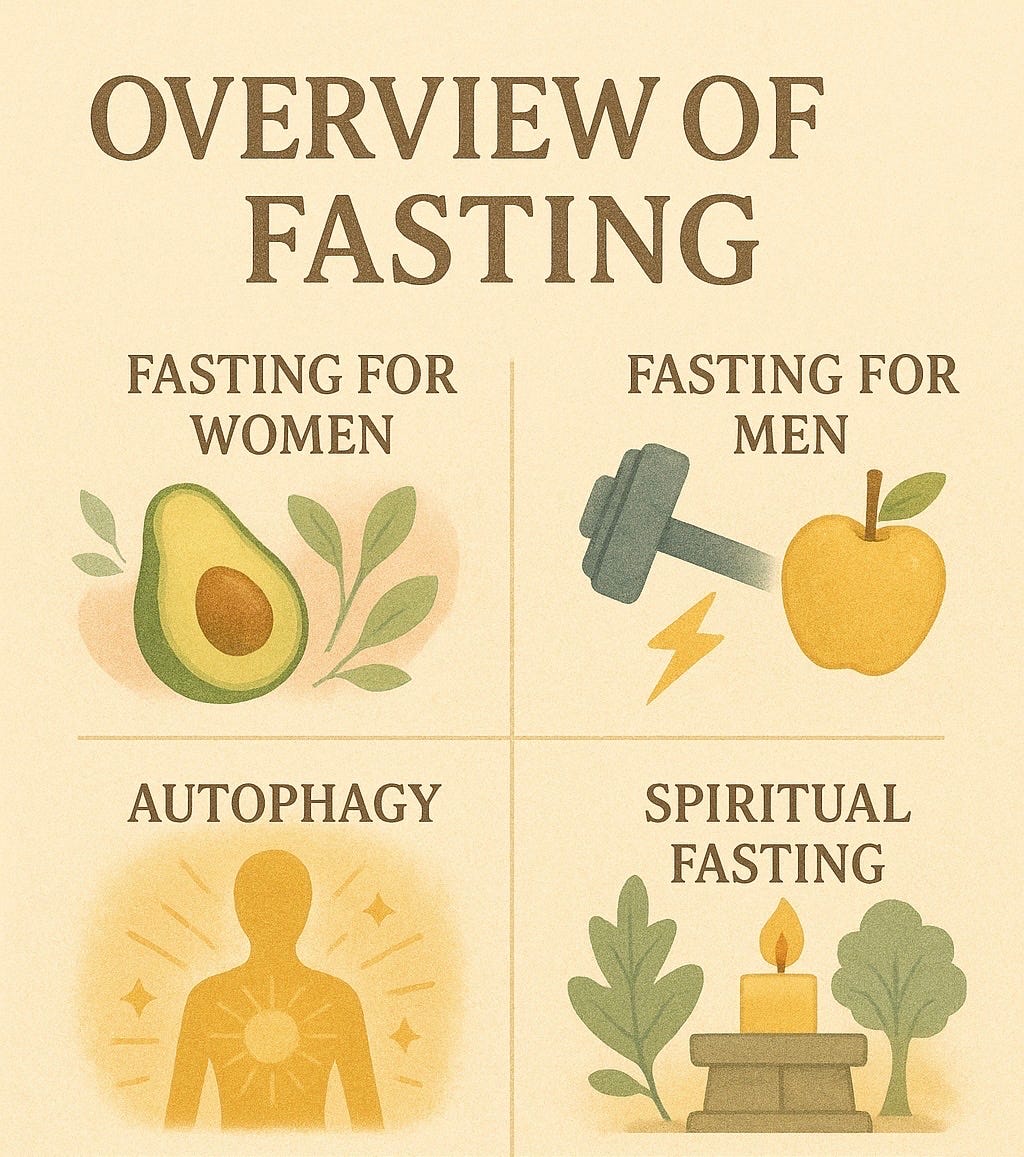

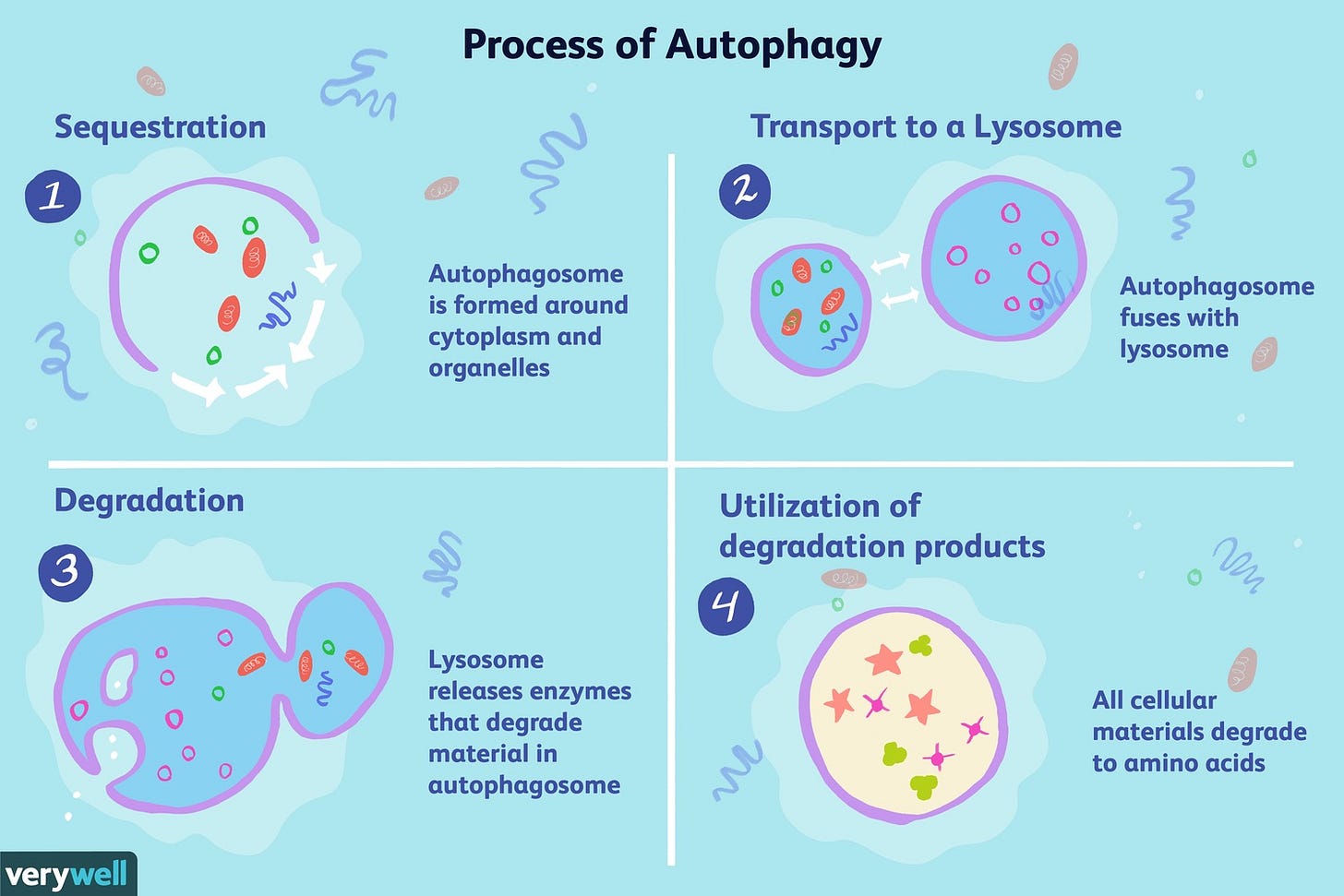
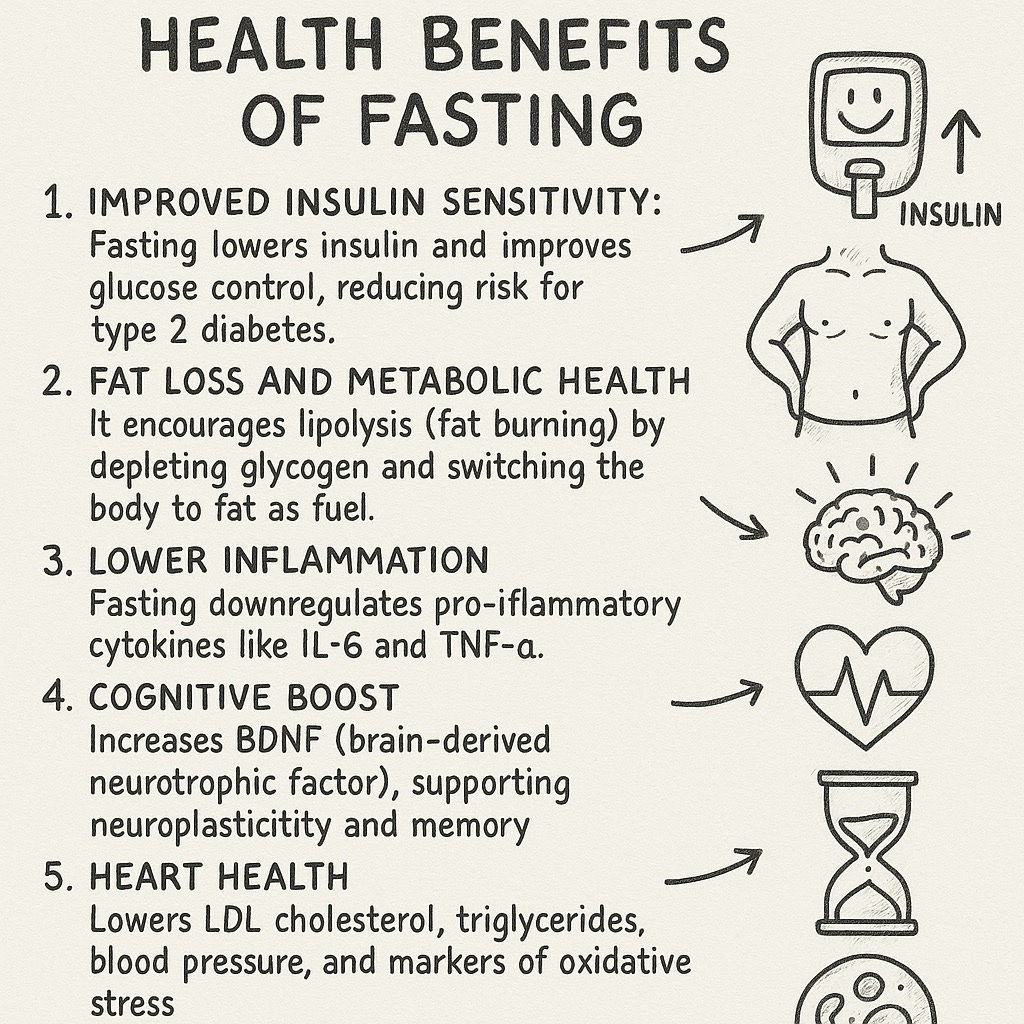
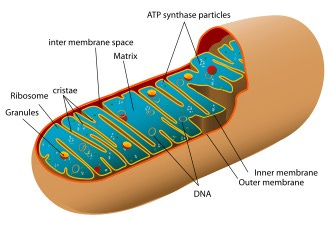
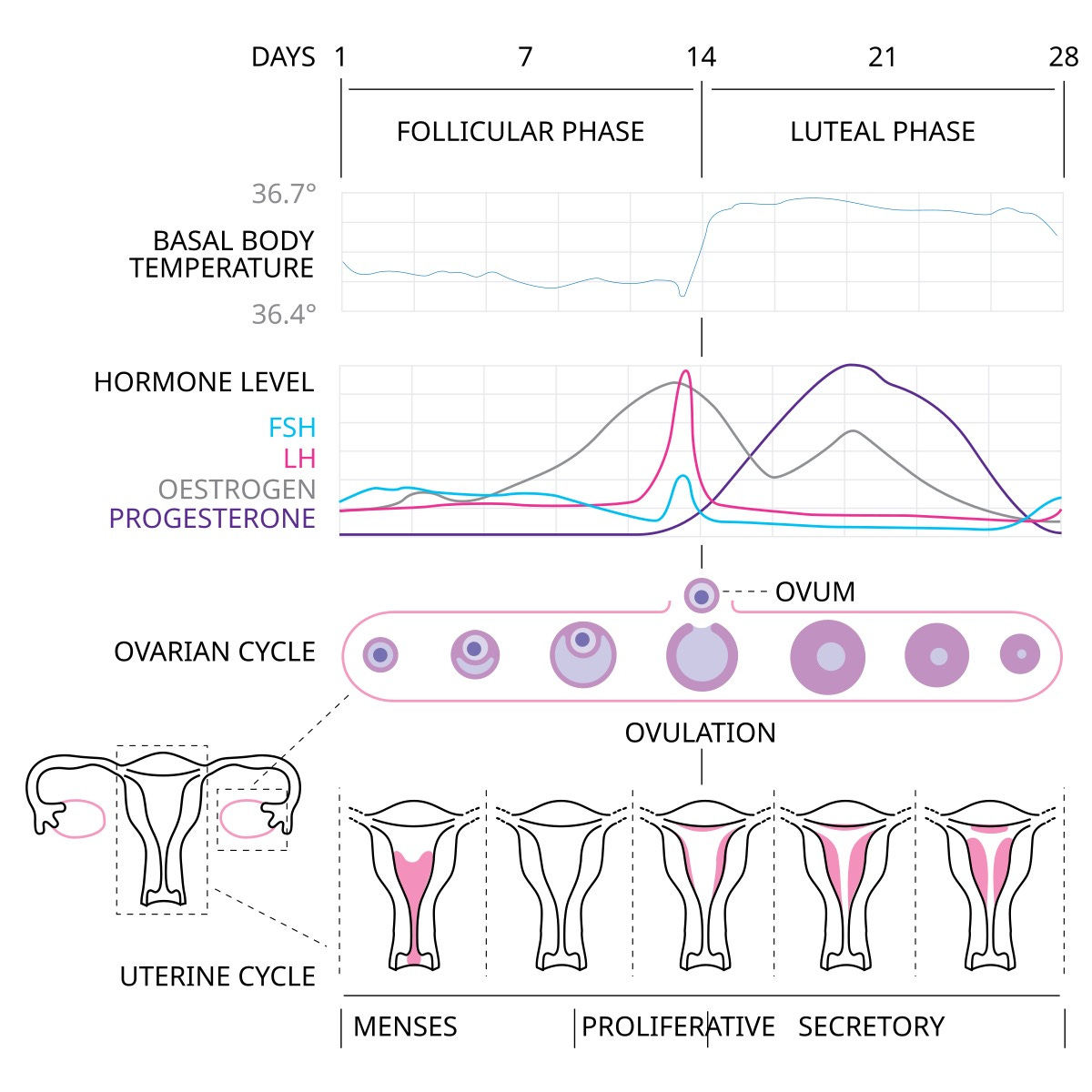
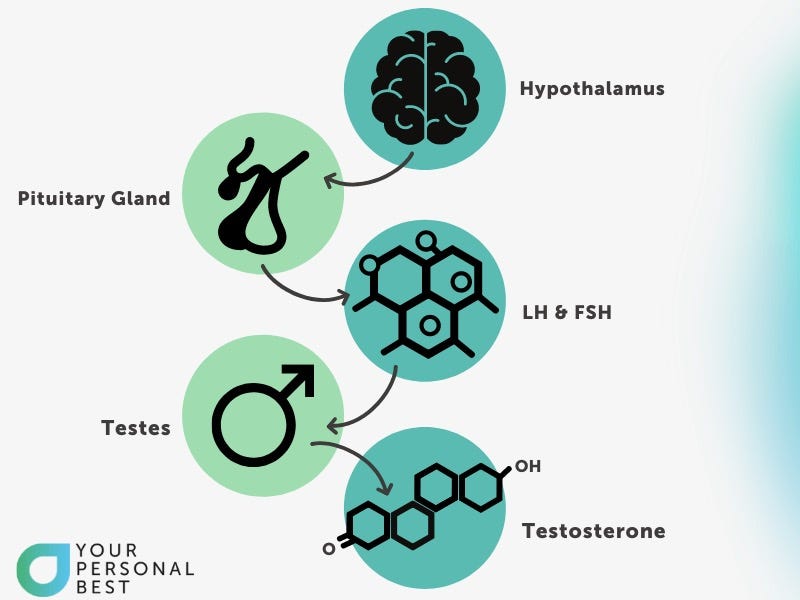


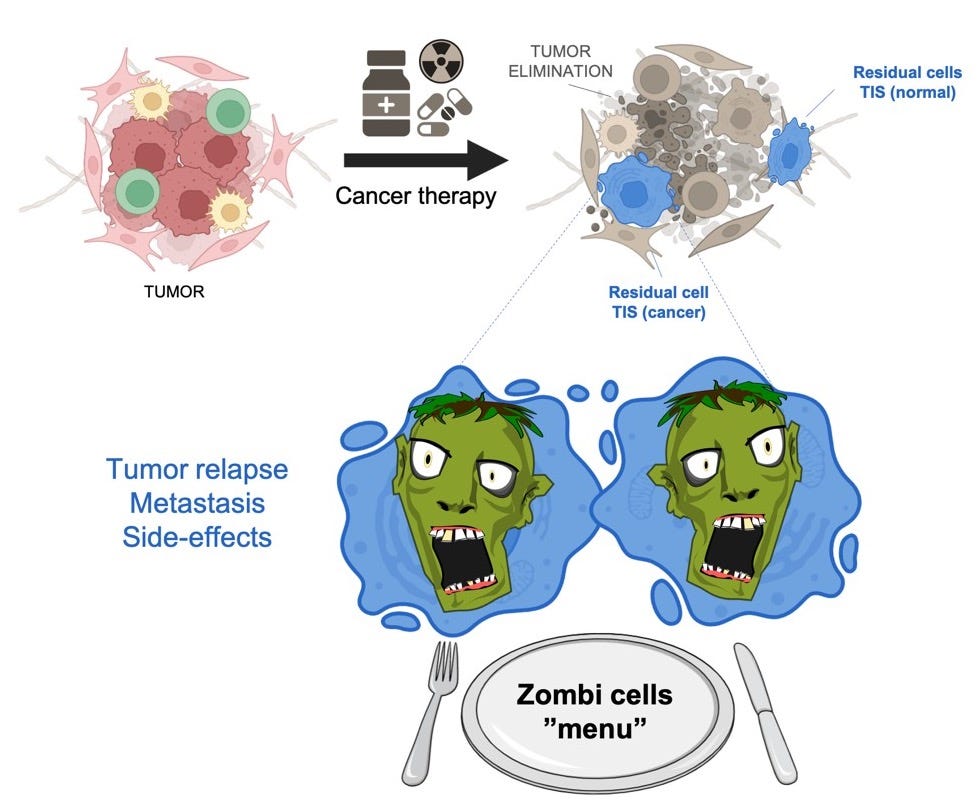

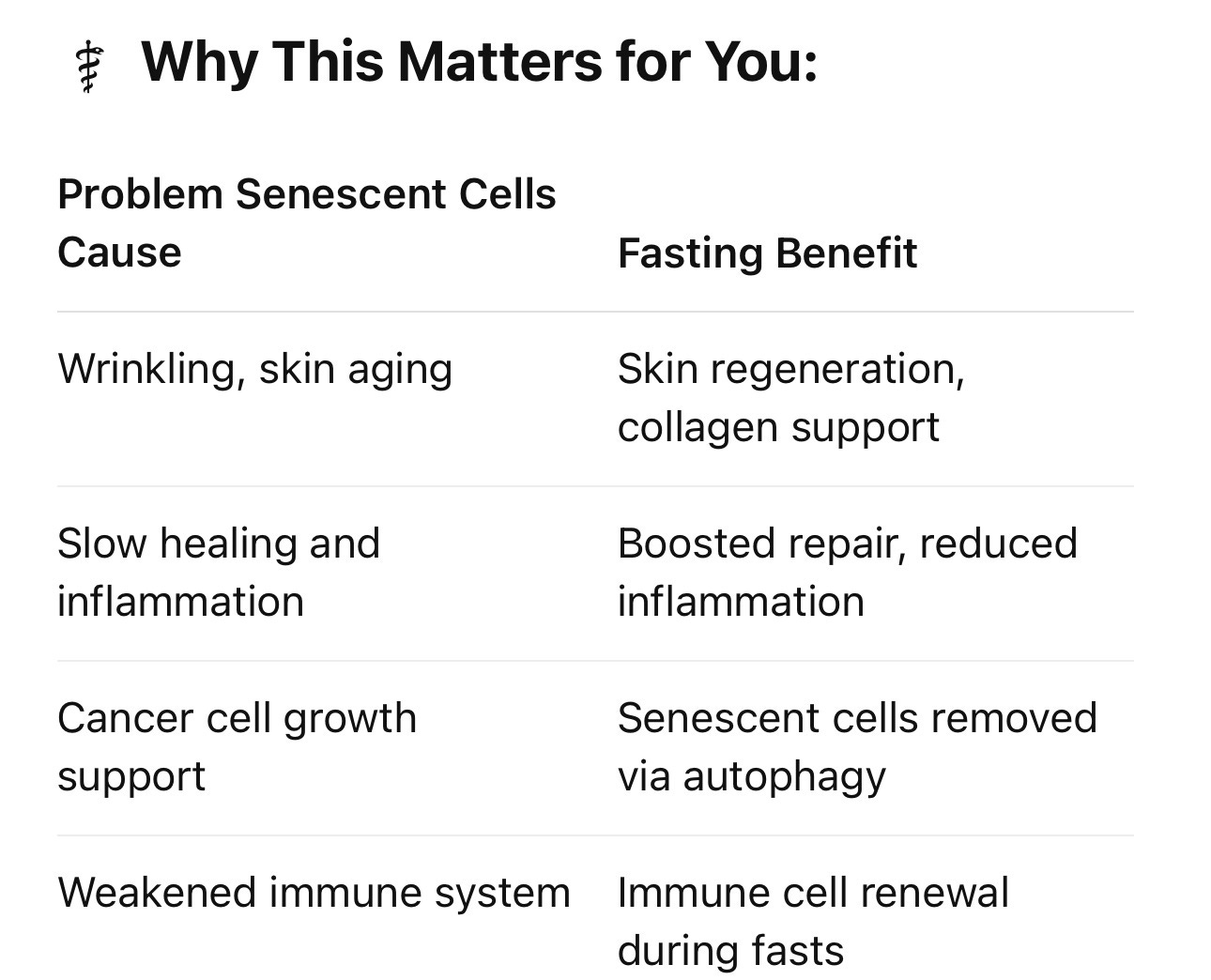
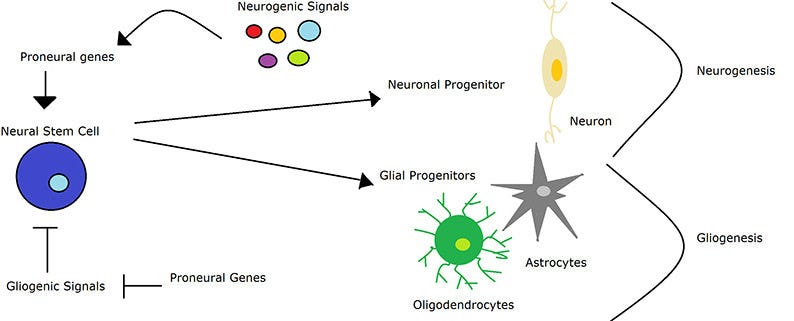
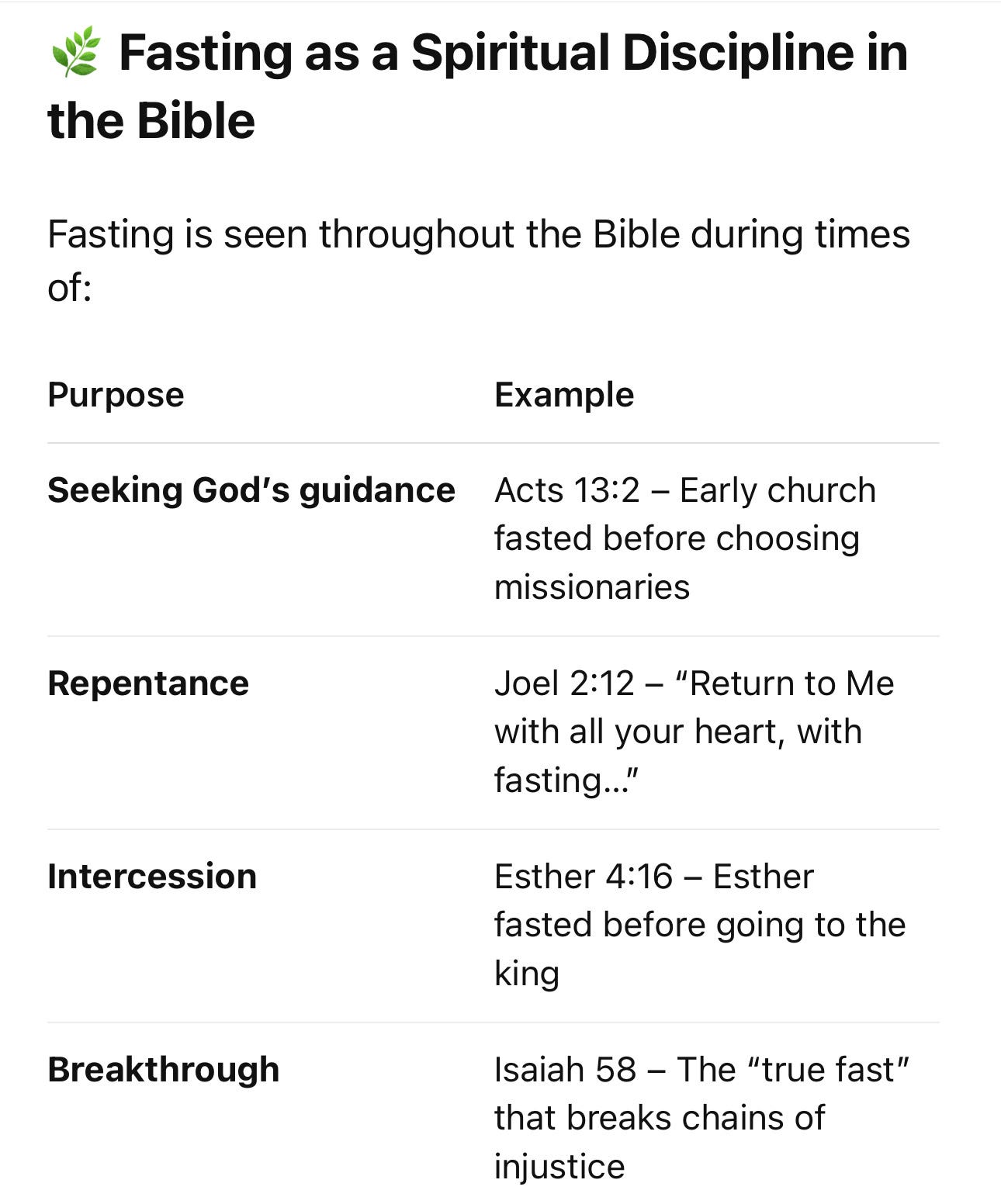
Thank you for the excellent article.
It's not an accident that Jesus Christ spoke of fasting and He fasted.
All religious practices include it.
Cancer is a metabolic dis//ease and fasting imho, is essential to healing.
Intermittent fasting causes heart failure. A huge mega-study showing this came out at about the same time as BBC intermittent fasting advocate and celebrity who hosted “Trust Me I’m a Doctor”, Michael Mosley died from heat stress, which is heart failure, on his holiday in Greece. Of course, the BBC and other MSM never even raised the possibility of a connection to his obsession with intermittent fasting which he had promulgated via the RL and OTA centralised media to millions of people internationally, including here in Australia. Imagine how many of his followers met the same fate?!
As for the benefits of fasting, they are able to be replicated easily and safely by taking Spermidine or polyamines.
These are my sources proving that fasting (which I would never, ever submit myself to) is out dated and has deleterious consequences as well as defying the body’s natural pain signals. I, personally, do not wish to subject myself to fasting. My body screams out for sustenance and I do not like to deny my body what it wants.
Document 1: Article in MIT Review -
https://news.mit.edu/2024/study-reveals-fasting-benefits-and-downside-0821
Document 2: NIH Research Paper -
https://www.ncbi.nlm.nih.gov/pmc/articles/PMC7930991/
I did this personal research as I was being harangued by a woman who I sold my medical grade hyperbaric chamber to about how amazing fasting is, and in looking into the subject online I discovered that new research shows that the beneficial effects of fasting via autophagy (eradication of senescent cells) is not caused by the fasting itself but by the re-feeding, following fasting.
Also, the research paper I looked at said that there is a danger (in mice, at least) that in the refeeding process, if you are unlucky enough to ingest a mutagenic food substance (eg burnt steak) then this can promote the growth of cancer.
The study on fasting that I looked at (referenced above) said that the beneficial effects of refeeding can be obtained without these risks of cancer by supplementing with polyamine supplements instead.
I didn’t know what polyamine supplements were so I looked that up and found a second research paper (also referenced above) making the very same claim and they stated it was Spermidine.
They also said you could, alternatively, use a polyamine precursor and they cited Argenine, along with a bifidobacterium supplement to produce polyamines as an alternative method for obtaining polyamine through biosynthesis rather than direct supplementation with Spermidine.
They said that polyamine synthesis in the body decreases with age. And they also said that increasing levels of polyamine increases life expectancy and is well known to improve cognitive function. They said that since the 21st Century there is a lot of excitement about polyamine supplementation.
So that was great news to me because I am doing all of those things already.
I am also producing autophagy using liposomal Fisetin, Quercetin and Apigenin supplements, all naturally occurring flavonoids. And I am taking NAC, Taurine, Collagen peptides, NADH powder - and CaAKG, being among my most highly recommended supplements.
But my main interest is not in slowing the ageing process down but in reversing ageing, via three methods:
1. Defatting the thymus gland;
2. CaAKG supplementation, and…
3. Epithalon (aka Epitalon) subcutaneous injections using the Russian protocol every 4-6 months.
I am 68.7 years old, chronologically, but I estimate, using these three methods alone, that I am currently, biologically, 26.5 years old and I am continuing to age backwards until who knows what happens?!
I take 50 supplements now and I am even increasing them somewhat with new ones like Urolithin-A (1kg) arriving in the mail very soon.